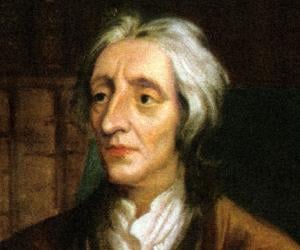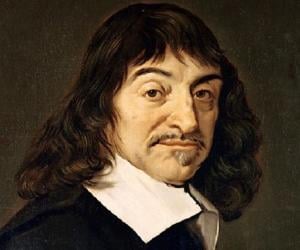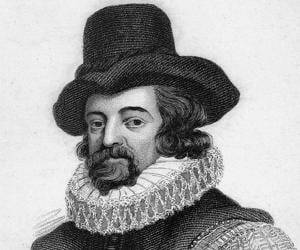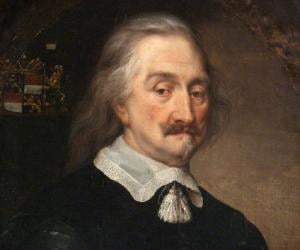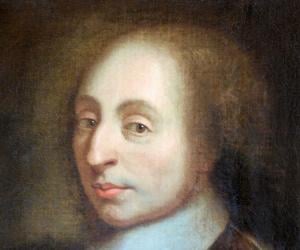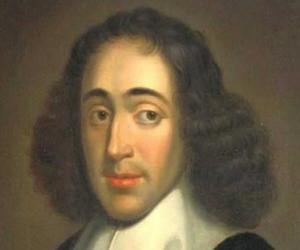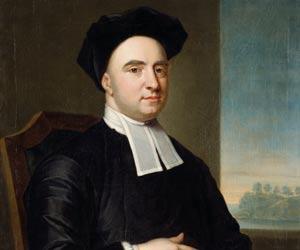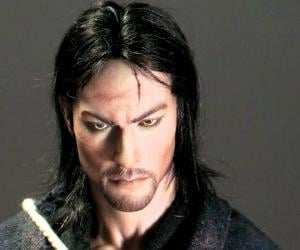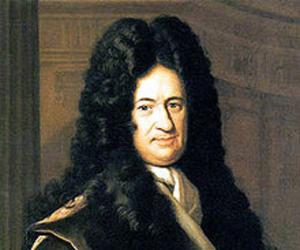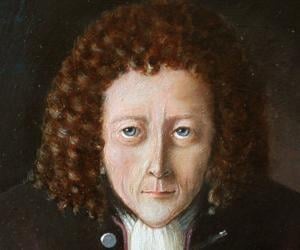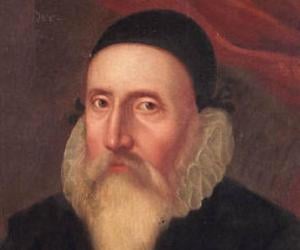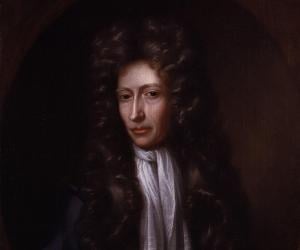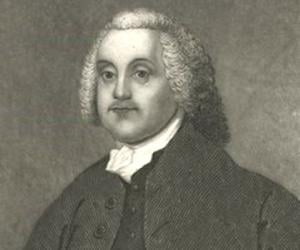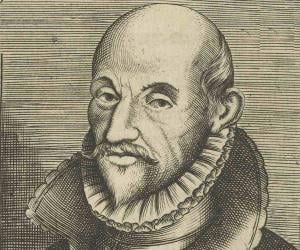Francis Bacon was a Renaissance philosopher and author who was known as the Father of Empiricism, because of his belief in the scientific method and theory that scientific knowledge can only be created through inductive reasoning and experience. He was later knighted and served as the first Queen's counsel.
Thomas Hobbes was an English philosopher. Widely regarded as the co-founder of modern political philosophy, Hobbes is best known for his influential book Leviathan. Apart from political philosophy, Thomas Hobbes also contributed immensely to various other fields, such as ethics, theology, geometry, history, and jurisprudence.
Blaise Pascal was a French physicist, mathematician, philosopher, and inventor. A child prodigy, Pascal's work on projective geometry, at the age of 16 is commendable. He is one of the earliest inventors of the mechanical calculator, which he did when he was still a teenager. His work on probability theory influenced the development of social science and modern economics.
George Berkeley was an Anglo-Irish philosopher who is credited with popularizing a theory called immaterialism, which claims that material substance like tables and chairs can't exist without being perceived by the mind. Berkeley influenced several philosophers like David Hume. Also remembered for his humanitarian work, George Berkeley worked towards creating homes for abandoned children in London.
Miyamoto Musashi was a Japanese swordsman, writer, strategist, and philosopher. Widely regarded as a Kensei, Musashi became famous through his stories of bravery, which involves his undefeated streak of 61 duels. He is also credited with founding the Niten Ichi-ryū school of swordsmanship. His life has inspired several films, TV series, stage plays, and video games.
Scientist Robert Hooke, also called England's Leonardo, initially gained recognition as an architect, conducting surveys following the Great Fire of London. He also taught geometry and was part of the Royal Society. He assisted Robert Boyle and eventually developed his own microscope, thus becoming the first to visualize micro-organisms.
Anglo-Welsh mathematician, occultist, astronomer, teacher, astrologer and alchemist John Dee is best-remembered as advisor to Queen of England, Elizabeth I. Dee coined the term British Empire and advocated its formation by founding of English colonies in the New World. He had one of the largest libraries in England at the time and wrote on astrology, geography, trigonometry, navigation and calendar reform.
Robert Boyle was an Anglo-Irish chemist, natural philosopher, inventor, and physicist. Regarded as the first modern chemist, Boyle is often counted among the founders of modern chemistry. One of the pioneers of the scientific method, Robert Boyle is also remembered for his books, including The Sceptical Chymist, which is viewed as a keystone book in chemistry.

Mexican nun Juana Inés de la Cruz was one of the finest authors of the Latin American colonial era. Initially the lady-in-waiting of Mexico’s viceroy, she later took her vows. She built a huge library and penned masterpieces such as the poem Primero sueño and the religious drama El divino Narciso.
Roger Williams was a 17th-century Puritan minister and theologian. He founded Providence Plantations, which later became the US state of Rhode Island. He advocated for fair dealings with Native Americans and believed in religious freedom. He disapproved of perpetual chattel slavery. After being expelled by the Puritan leaders, he founded the First Baptist Church in America.
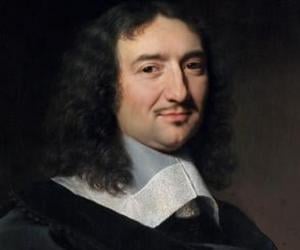
Born into a merchant family in France, Jean-Baptiste Colbert grew up to hold various administrative posts. Patronized by Cardinal Mazarin, he became affluent and later became one of the most efficient administrators during the regime of Louis XIV. He also established the French merchant navy.
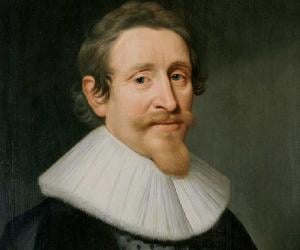
Best known for his iconic book De jure belli ac pacis, or The Rights of War and Peace, Hugo Grotius was a Dutch humanist and author, who had also been a jurist. Due to his involvement in the Calvinist debate, he was exiled to France, where he penned most of his significant works.
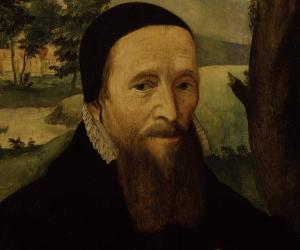
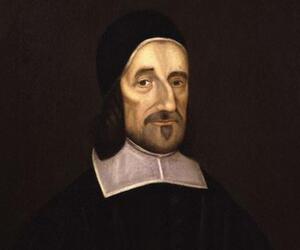
Richard Baxter was an English poet, theologian, hymnodist, controversialist, and Puritan church leader. He was one of the most influential and important leaders of the Nonconformists. Today, he is commemorated in the Church of England with a feast day on 14 June.
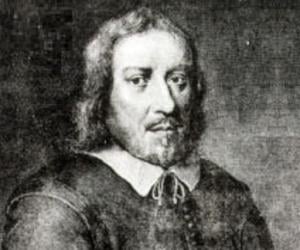
German mystic and philosopher Jakob Böhme is best remembered for his works such as On the Election of Grace and Mysterium Magnum. While he was initially a shoemaker’s apprentice, he later focused on studies on mysticism and free will. He inspired both German idealism and romanticism greatly.
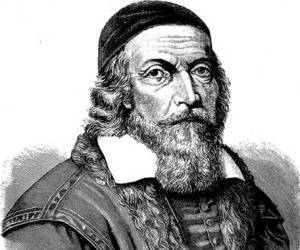
John Amos Comenius was a Czech philosopher, theologian, and pedagogue. Regarded as the father of modern education, Comenius is credited with introducing many educational concepts and innovations such as education for women, equal opportunity for poor children, and universal and practical instruction among other innovations. He also led schools and served as an adviser for governments across Protestant Europe.
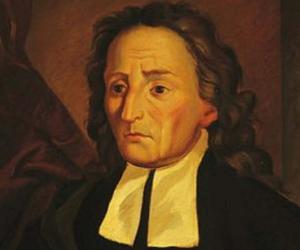
Italian philosopher Giambattista Vico is regarded as a pioneer of what is now known as cultural anthropology, or ethnology. He brought together history and the social sciences in his work Scienza nuova. A poor bookseller’s son, he studied by candlelight but grew up to be a major Counter-Enlightenment figure.
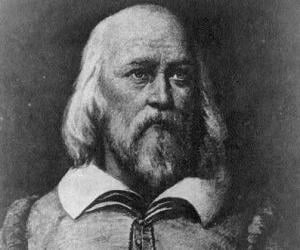
William Brewster was an English official. He was among the passengers that traveled in Mayflower from England to the New World. When the ship landed at Plymouth Colony, William Brewster was accepted as the senior elder and hence became the religious leader of the colony. Eventually, he ended up serving as an adviser to Governor William Bradford.
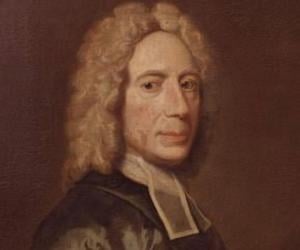
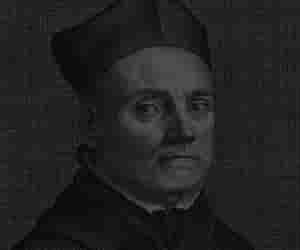
Known as the last Renaissance man, Athanasius Kircher was a German Jesuit priest who taught at the Roman College for 4 decades. He was also obsessed with Sinology and Egyptology, and studied everything from fossils to microbes. He was also interested in medicine and invented machines such as the magnetic clock.
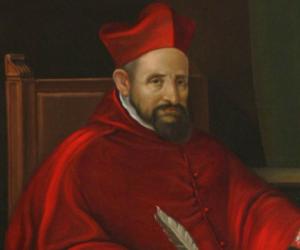
Robert Bellarmine was an Italian Jesuit and cardinal of the Catholic Church. One of the most important figures in the Counter-Reformation, he has been named a Doctor of the Church. He has also been canonized as a saint. He was a professor of theology at the Roman College and later became its rector. He became Archbishop of Capua in 1602.
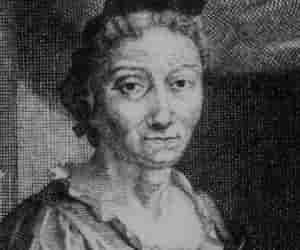
German-born Dutch naturalist and artist Maria Sibylla Merian is remembered for her drawings of insects and plants. She also contributed to the development of entomology through her detailed work on insects and her documentation of a butterfly’s metamorphosis. Metamorphosis Insectorum Surinamensium is her best-known work.
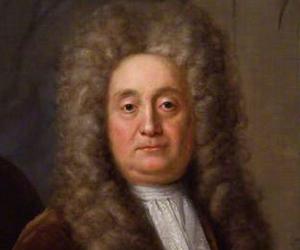
British doctor Hans Sloane traveled to Jamaica as a personal physician of the 2nd duke of Albermarle and was soon engrossed in the natural species of the region. He documented his collections, and they eventually helped form the British Museum. He is also known as the inventor of drinking chocolate.
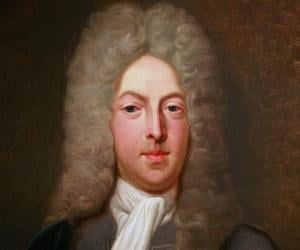
John Law was a Scottish economist best remembered for his work as Controller General of Finances under the Regent of the Kingdom of France, Philippe II, Duke of Orléans. Law is credited with founding Banque Générale Privée, the first financial organization to pioneer the use of paper money. Law is also credited with originating ideas like the real bills doctrine.
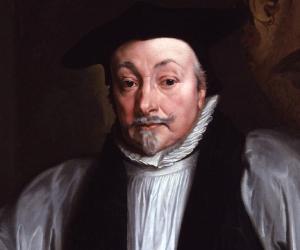
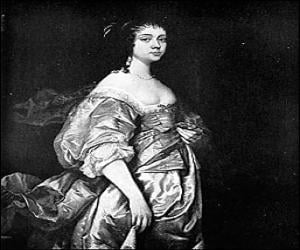
Lady Margaret Lucas Cavendish was an English poet, philosopher, playwright, fiction writer, and scientist. Margaret, who had the audacity to publish her works without using a pen name at a time when female writers remained anonymous, was ahead of her time. Not surprisingly, she was considered eccentric and earned the nickname Mad Madge. Her works gained popularity in the 1980s.
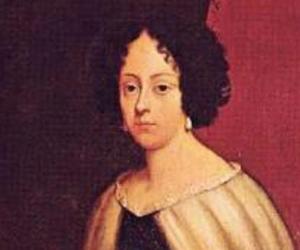
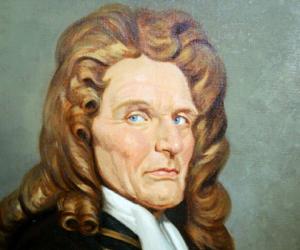
The son of a preacher, economist Nicholas Barbon actively participated in reconstructing London following the Great Fire of 1666 and then launched his own insurance company, pioneering fire insurance. As an economist, he penned significant works on the free market and division of labor. He was also a qualified doctor.
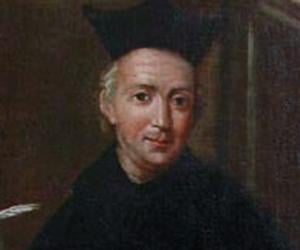
Spanish baroque author and philosopher Baltasar Gracian was a leading proponent of the conceptismo style. Inspired by his priest uncle, he took Jesuit vows. His notable works include Subtlety and the Art of Genius and the three-part novel The Critick, with the latter written under a pseudonym.
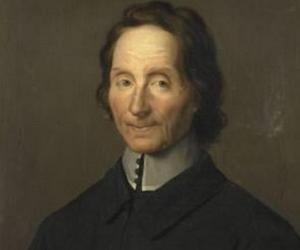
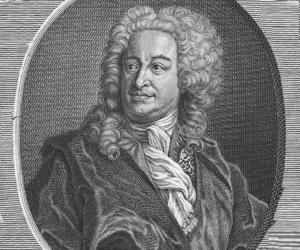
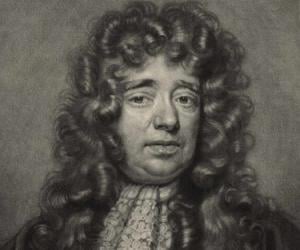
Initially a physician and anatomy professor, William Petty also taught music. However, he later established himself as a noted economist and became famous for his works such as Treatise of Taxes and Contributions. He was a surveyor under Oliver Cromwell and was a pioneer of political arithmetic.
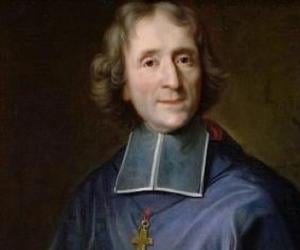
François Fénelon was a French writer, poet, theologian, and Catholic archbishop. He is best remembered for his book The Adventures of Telemachus, which was published in 1699. François Fénelon also served as a tutor of Louis, Duke of Burgundy, guiding the character formation of Louis, Grand Dauphin's eldest son.
Giambattista della Porta was an Italian scholar, polymath, and playwright. He was active in Naples at the time of the Scientific Revolution and Reformation in the 16th century. He was knowledgeable in different fields, including occult philosophy, astrology, meteorology, alchemy, mathematics, and natural philosophy. In his later years, he collected rare specimens and grew exotic plants.
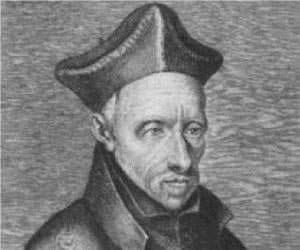
Spanish Jesuit priest, philosopher, and theologian Francisco Suárez was born to an affluent lawyer and had initially studied law. However, he joined the Jesuits later, following which he taught philosophy and theology. Known for writing Disputationes Metaphysicae, he was a prime figure of the School of Salamanca movement.
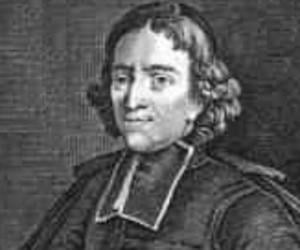
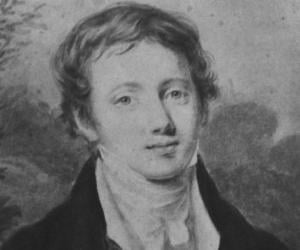
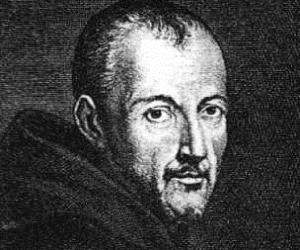
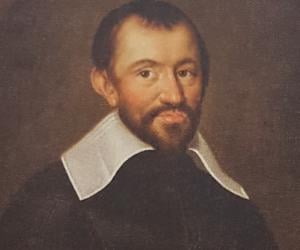
French Catholic priest and astronomer Pierre Gassendi is remembered for his efforts to reconcile atomism with Christian ideals and for his anti-Aristotelianism. His studies included research on Epicurean philosophy. Apart from observing the transit of Mercury, he also studied the speed of sound and horizontal momentum.
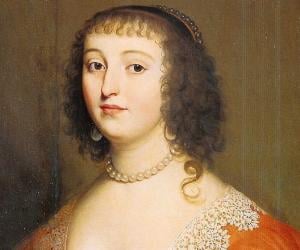
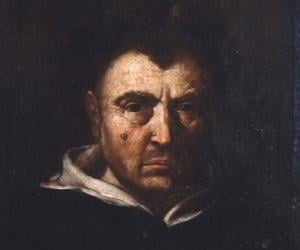
Tommaso Campanella was an Italian Dominican friar, philosopher, astrologer, and poet. His heterodox views often brought him into conflict with the authorities, and he was imprisoned for several years. In prison, he wrote The City of the Sun, a utopia describing an egalitarian theocratic society. He also defended astronomer Galileo Galilei in his first trial.
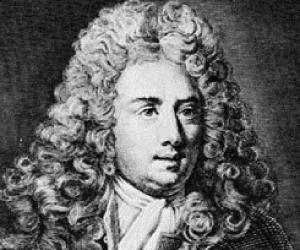
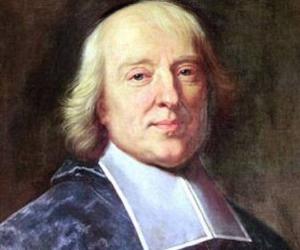
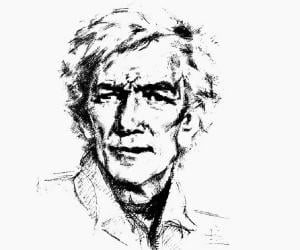
Eusebio Kino was a Tyrolean missionary, explorer, geographer, astronomer, and cartographer. Nicknamed Father Kino for his missionary work, Eusebio worked closely with the indigenous Native American people, including the Sobaipuri, Tohono O'Odham, and other Upper Piman populations, as part of his exploration. He also led an overland expedition in the Baja California Peninsula, proving that it is not an island.
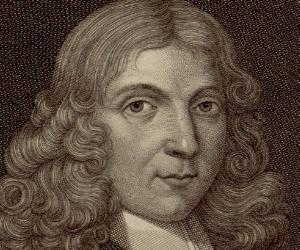
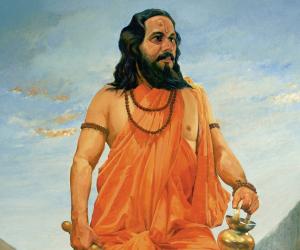
Samarth Ramdas was an Indian saint, poet, writer, philosopher, and spiritual master. He worked towards resurrecting the Hindu culture after it was impaired by several foreign invasions in India. He also worked towards promoting and preserving the Maratha culture. He also supported the participation of women in social and religious work, which was uncommon at that time.
